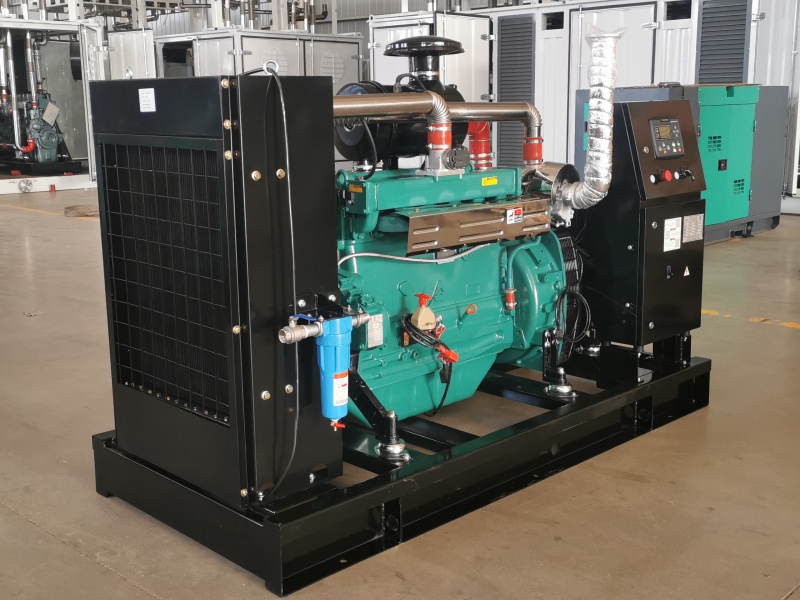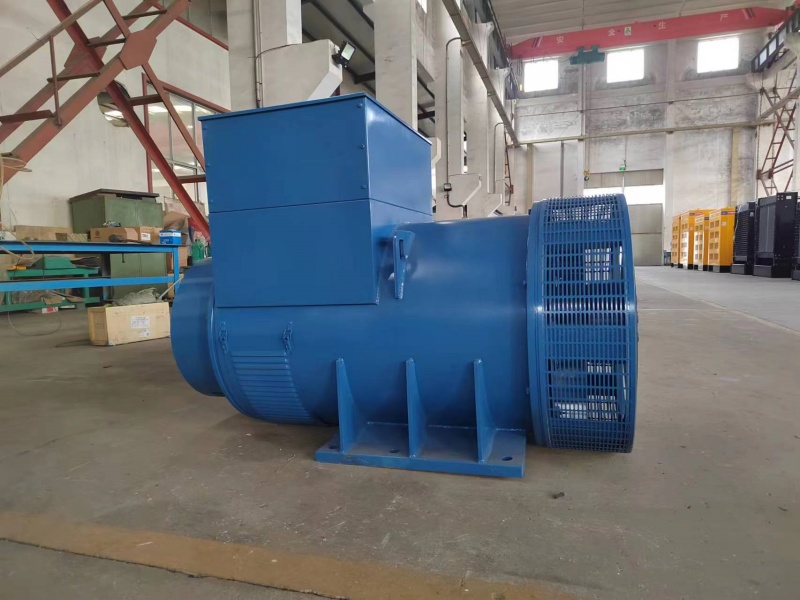CE Certification readymix concrete plant
Achieving CE Certification for Your Ready-Mix Concrete Plant
This comprehensive guide explores the process of obtaining CE certification for your ready-mix concrete plant. We'll cover essential requirements, testing procedures, and best practices to ensure a smooth and successful certification process. Learn how to navigate the complexities of compliance and achieve market access within the European Union and beyond.
Understanding CE Certification for Ready-Mix Concrete Plants
What is CE Certification?
The CE marking (Conformité Européenne) is a mandatory conformity marking for products sold within the European Economic Area (EEA). It signifies that the product meets the health, safety, and environmental protection requirements set by EU directives. For ready-mix concrete plants, this involves demonstrating compliance with relevant machinery directives and safety standards.
Why is CE Certification Important?
CE certification is crucial for selling ready-mix concrete plants within the EEA. Without it, your products may be seized at customs, leading to significant financial losses and reputational damage. It also enhances your brand's credibility and builds trust with customers, demonstrating your commitment to quality and safety.
Relevant Directives and Standards
The specific directives and standards relevant to your ready-mix concrete plant will depend on its features and components. However, key directives often include the Machinery Directive (2006/42/EC) and related harmonized standards (e.g., EN ISO 12100 for safety). Consult with a notified body to determine the precise requirements for your specific equipment.
The CE Certification Process for Ready-Mix Concrete Plants
Step 1: Risk Assessment and Technical File Preparation
A thorough risk assessment is the foundation of the CE certification process. This involves identifying potential hazards associated with your ready-mix concrete plant and implementing appropriate safety measures. The technical file will document all aspects of design, manufacturing, and testing, demonstrating compliance with relevant standards.
Step 2: Conformity Assessment Procedure
Several conformity assessment procedures exist, depending on the complexity of your equipment. These range from internal production control to full-scale testing by a Notified Body. Choosing the right procedure is critical for efficiency and cost-effectiveness. A notified body, an organization officially designated by a member state, provides independent verification of compliance.
Step 3: Testing and Inspection
Rigorous testing is a crucial part of the CE certification process. This may include functional testing, safety testing, and electromagnetic compatibility (EMC) testing. Results must demonstrate that your ready-mix concrete plant meets all specified requirements. Inspections by a notified body might also be necessary, depending on the chosen procedure.
Step 4: CE Marking and Declaration of Conformity
Upon successful completion of the assessment, you can affix the CE marking to your ready-mix concrete plant. This should be accompanied by a Declaration of Conformity, a formal document stating that your product complies with all relevant directives. This document needs to be kept for a specified time period and be available upon request.
Choosing the Right Partner for CE Certification
Partnering with an experienced and reputable organization is vital for a smooth and successful CE certification process. Consider factors like their expertise in the concrete industry, their track record, and their responsiveness. Careful selection ensures a streamlined process and minimizes potential delays.
For high-quality ready-mix concrete plant equipment and potential support with the certification process, consider exploring options from reputable manufacturers like Taian Yueshou Mixing Equipment Co.,Ltd.. They offer a range of robust and reliable solutions designed to meet stringent industry standards.
Maintaining CE Compliance
CE certification is not a one-time event. Ongoing maintenance and regular inspections are necessary to ensure continued compliance. Staying updated on evolving regulations and standards is crucial to avoid any future non-compliance issues.
| Aspect | Importance in CE Certification |
|---|---|
| Risk Assessment | Foundation for identifying and mitigating hazards. |
| Technical File | Comprehensive documentation of design, manufacturing, and testing. |
| Notified Body | Independent verification of compliance with relevant standards. |
| Testing & Inspection | Demonstrates that the ready-mix concrete plant meets required specifications. |
Remember, seeking expert advice throughout the process is crucial for a successful outcome. This guide provides a foundational understanding, but consulting with professionals ensures compliance with all applicable regulations.
Related products
Related products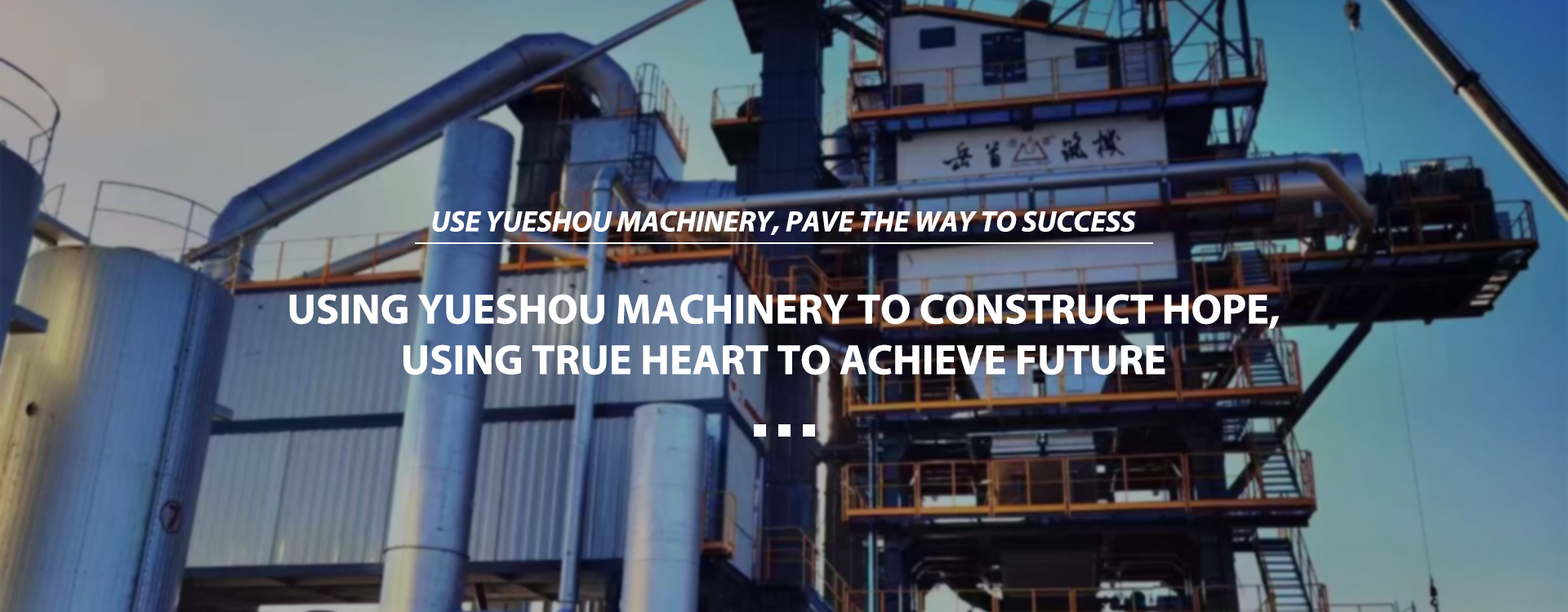
Best selling products
Best selling products-
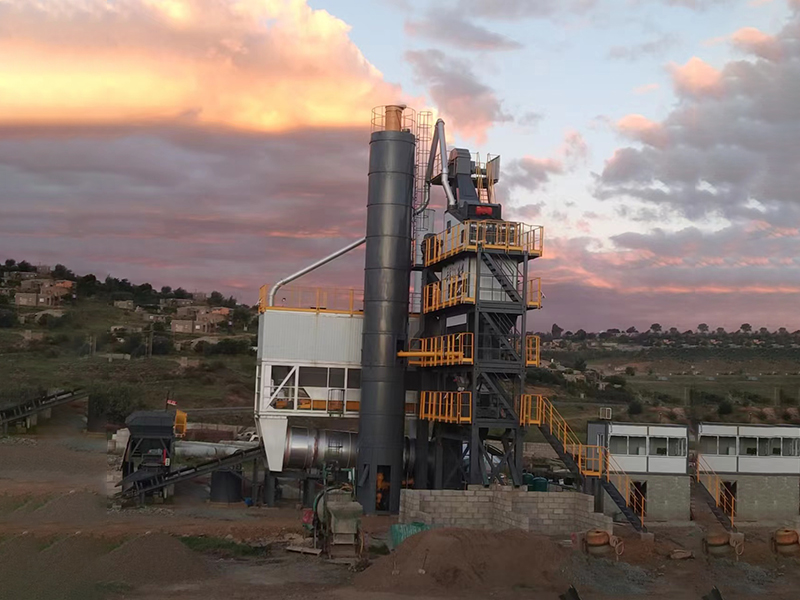 LB1500 asphalt mixing plant
LB1500 asphalt mixing plant -
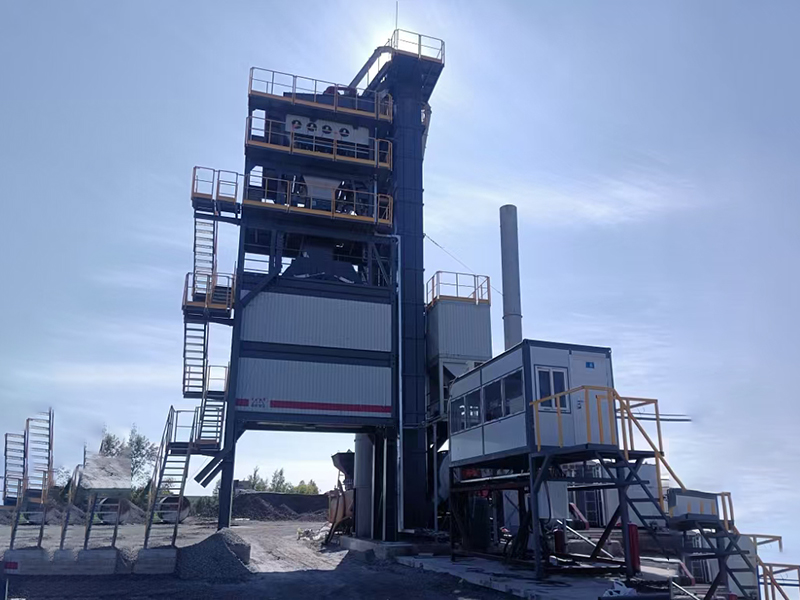 LB800 asphalt mixing plant
LB800 asphalt mixing plant -
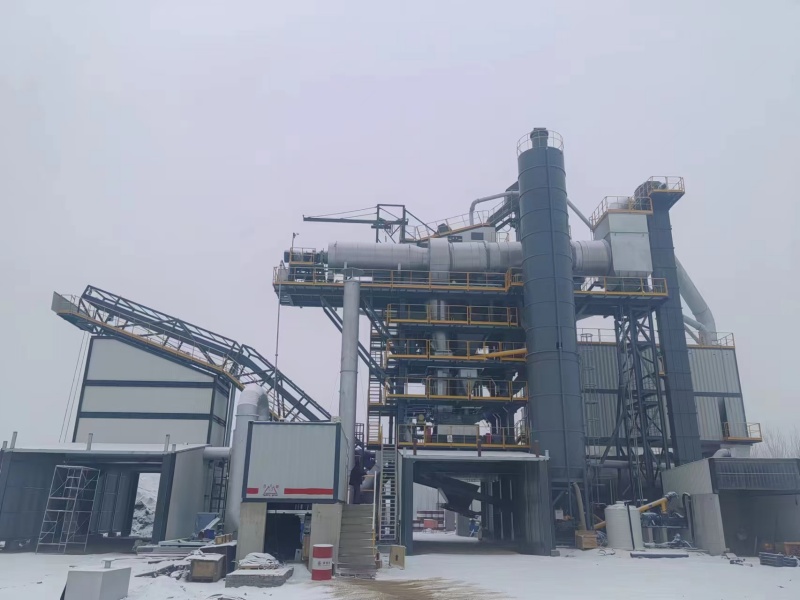 High Position Rotary Drum Type
High Position Rotary Drum Type -
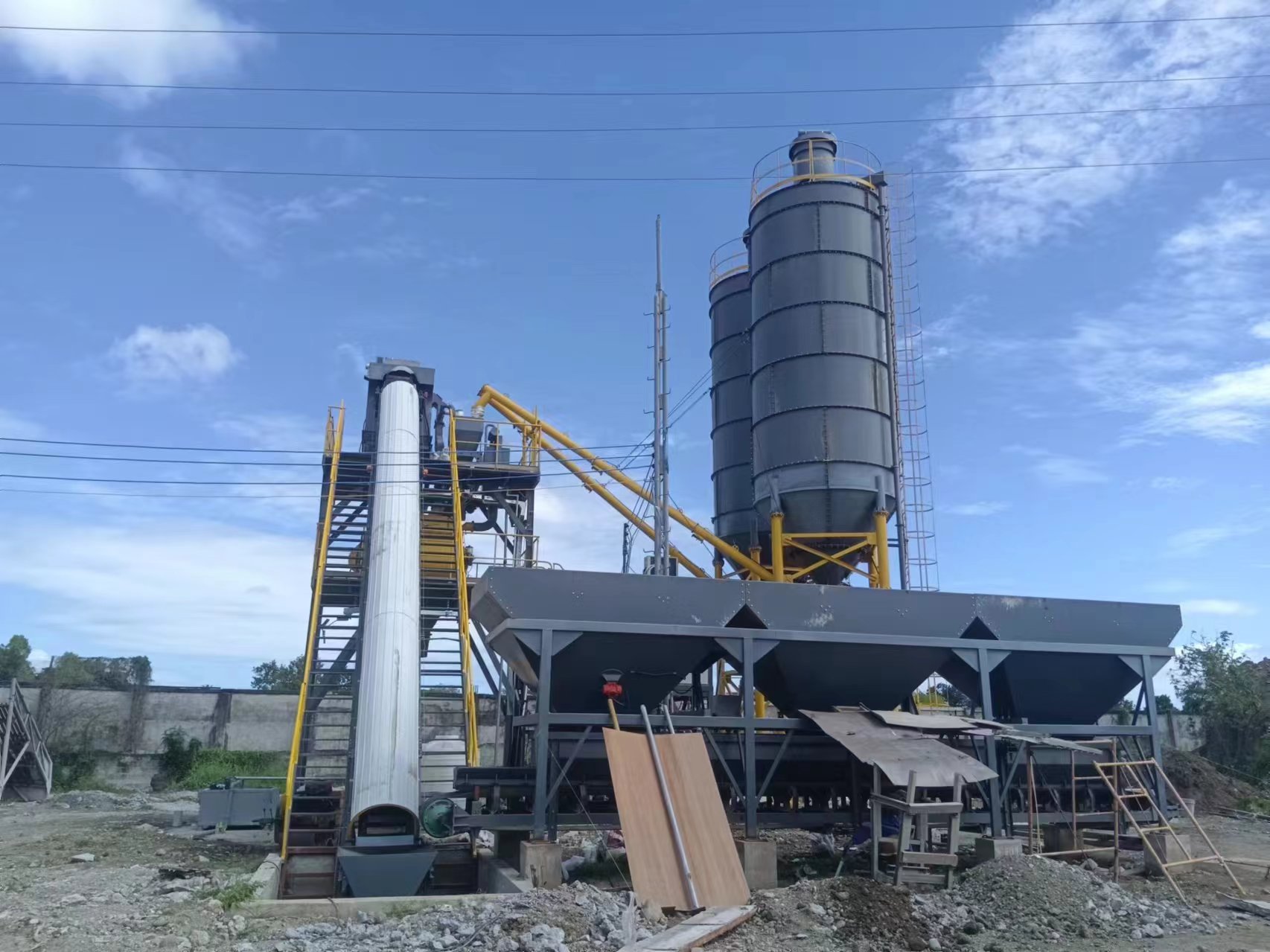 HZS60 concrete mixing plant
HZS60 concrete mixing plant -
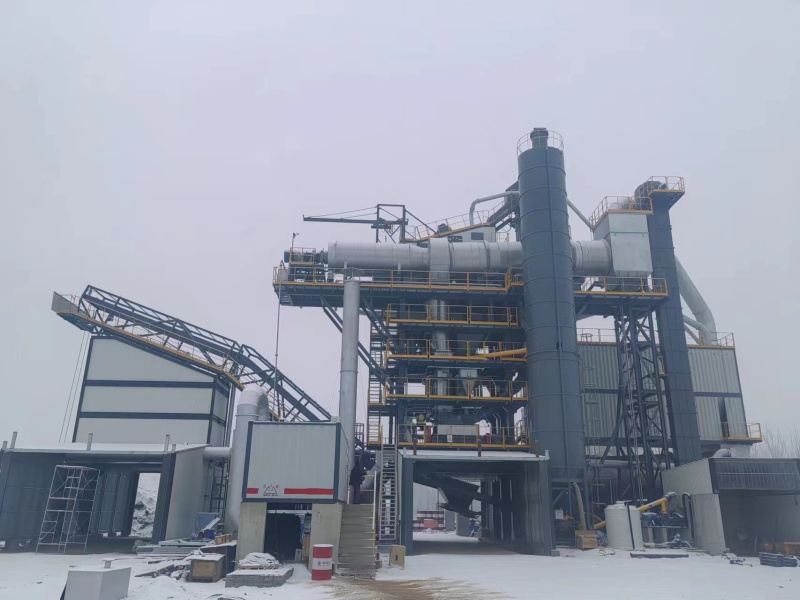 Static Batch Asphalt Mixing Plant Manufacturer
Static Batch Asphalt Mixing Plant Manufacturer -
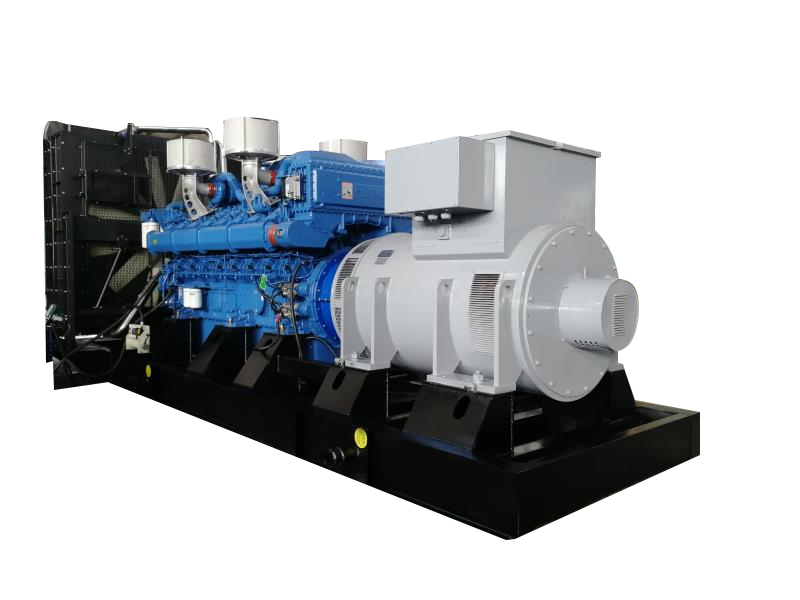 HIGH-VOLTAGE GENERATOR SETS
HIGH-VOLTAGE GENERATOR SETS -
 Stabilized Soil Batching Plant
Stabilized Soil Batching Plant -
 Mobile Asphalt Mixing Plant
Mobile Asphalt Mixing Plant -
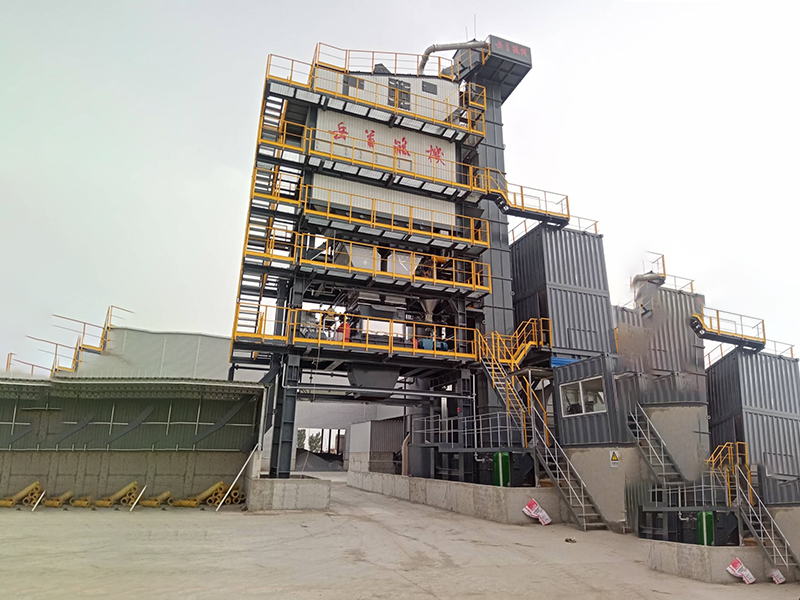 LB3000 Asphalt Mixing Plant
LB3000 Asphalt Mixing Plant -
 Mobile Type
Mobile Type -
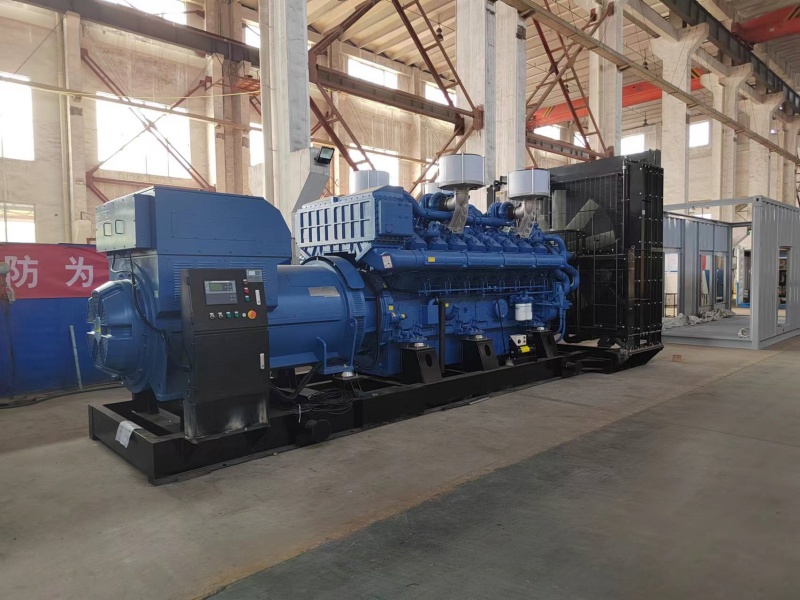 YUCHAI SERIES DIESEL GENERATOR SET
YUCHAI SERIES DIESEL GENERATOR SET -
 Moveable Type
Moveable Type
Related search
Related search- China asphalt plant mobile
- China asphalt plant cost
- High-Quality holcim concrete plant Suppliers
- High-Quality mobile concrete batching plant Exporter
- High-Quality rmc concrete plant Products
- Wholesale cranford construction asphalt plant
- Famous asphalt plant for sale
- China mobile concrete plant
- High-Quality mobile ready mix concrete plant Products
- High-Quality marzane asphalt plant Supplier



